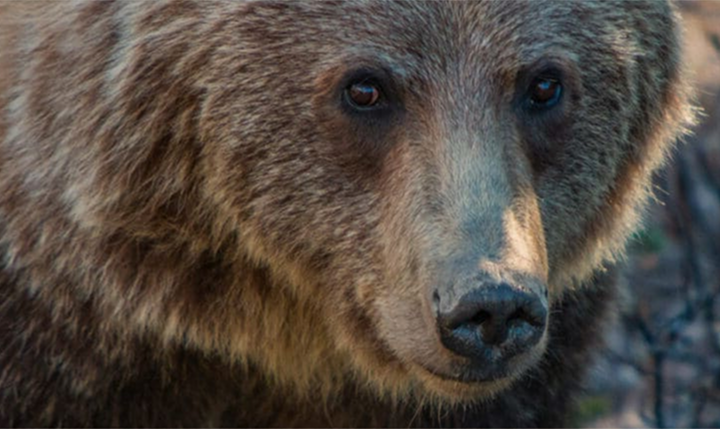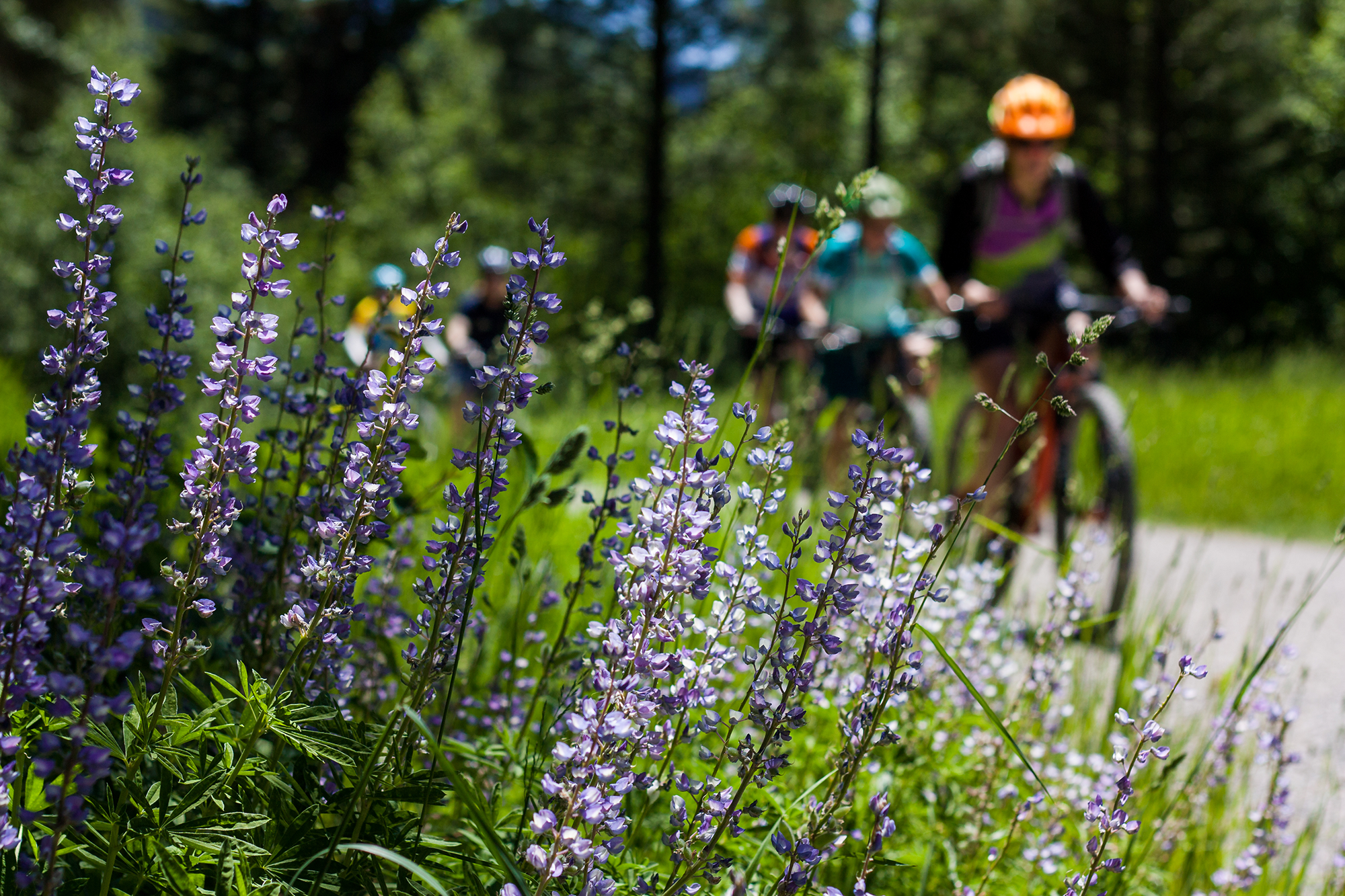New Ktunaxa study indicates proposed B.C. ski and recreation development could threaten grizzly bears, wolverines, and sacred lands.
ʔaȼ̓pu ʔamakʔis (BRITISH COLUMBIA, CANADA) — Staff at Yellowstone to Yukon Conservation Initiative point to new research showing resorts, such as the controversial Zincton All-Season Resort proposed near New Denver, B.C., would cause significant harm to wildlife, habitat, and cultural values — reinforcing growing calls for the province to reject the contentious development.
The study, published in the Journal of Environmental Management by Ktunaxa Nation and others, shows if Zincton were developed it would exceed the carrying capacity of the landscape, negatively impacting sensitive species, in particular, ʔaȼ̓pu (wolverine) and kɬawɬa (grizzly bear).
This development would also have a detrimental impact on Ktunaxa cultural values in a landscape already under pressure from increased human activity and climate change.
For years, Indigenous leaders, local governments, recreation organizations, conservation groups, and residents have questioned the Zincton project, citing social, cultural, economic, and environmental concerns.

In a May 2022 letter, a coalition of 25 organizations representing more than 300,000 British Columbians and 1,000 businesses interested in the health of the province’s wildlife and habitat urged the B.C. Premier and Ministers to terminate the proposal.
“This proposed resort would seriously jeopardize essential wildlife connectivity between existing protected areas,” says Nadine Raynolds, director of the Communities & Conservation program with Yellowstone to Yukon Conservation Initiative (Y2Y).
Michael Proctor, author and local grizzly bear expert, reiterates that this resort would “sit directly on top of a narrow and critical corridor and risks further fragmenting a small population of grizzly bears found to the south of the highway.”
“As Ktunaxa we say, let the land continue to heal from the previous human footprints,” says Chad Luke, Ktunaxa Cultural Steward and study co-author. “Just because the projects were initiated, doesn’t mean they need to continue.”
This unique study assessed what happens when all impacts on an area are added up over time, or cumulative effects.
The researchers applied multiple ways of knowing combining computer models, peer-reviewed research, traditional knowledge, oral histories and long-term observations from Ktunaxa people.
“As Ktunaxa we say, let the land continue to heal from the previous human footprints. Just because the projects were initiated, doesn’t mean they need to continue.”
— Chad Luke, Ktunaxa Cultural Steward and study co-author.
Past, current, and potential future landscape conditions and wildlife were considered, with a focus on recreation. Ktunaxa people have long expressed concerns for the combined impacts of ‘all’ land uses, including outdoor recreation, for ʔa·kxam ̓ is q ̓ api qapsin (All Living Things).
This study advances cumulative effects assessment standards by considering the impacts of recreation as an industrial land use.
According to this research, the road corridor along Highway 31A between Kaslo and New Denver is important for both wildlife and cultural values. Building more trails and access roads into wild areas will damage intact wildlife habitat. This forces animals to leave their home ranges, causes more animal deaths, and separate animal families and groups from each other, impacting the number of animals in the area. Impacts that will be further exacerbated by accelerating climate change.
“Assessing cumulative effects of land use reminds us to zoom out and think about the land as a whole, and how our collective impacts and development interests, including recreation, can result in the loss of interconnectedness between species and the landscape,” says Nikki Heim, lead author and Manager of Communities & Conservation at Y2Y. “We have a collective responsibility to protect and not overuse the land.”
The study affirms that the Zincton All-Season Resort is not appropriate for this landscape.




